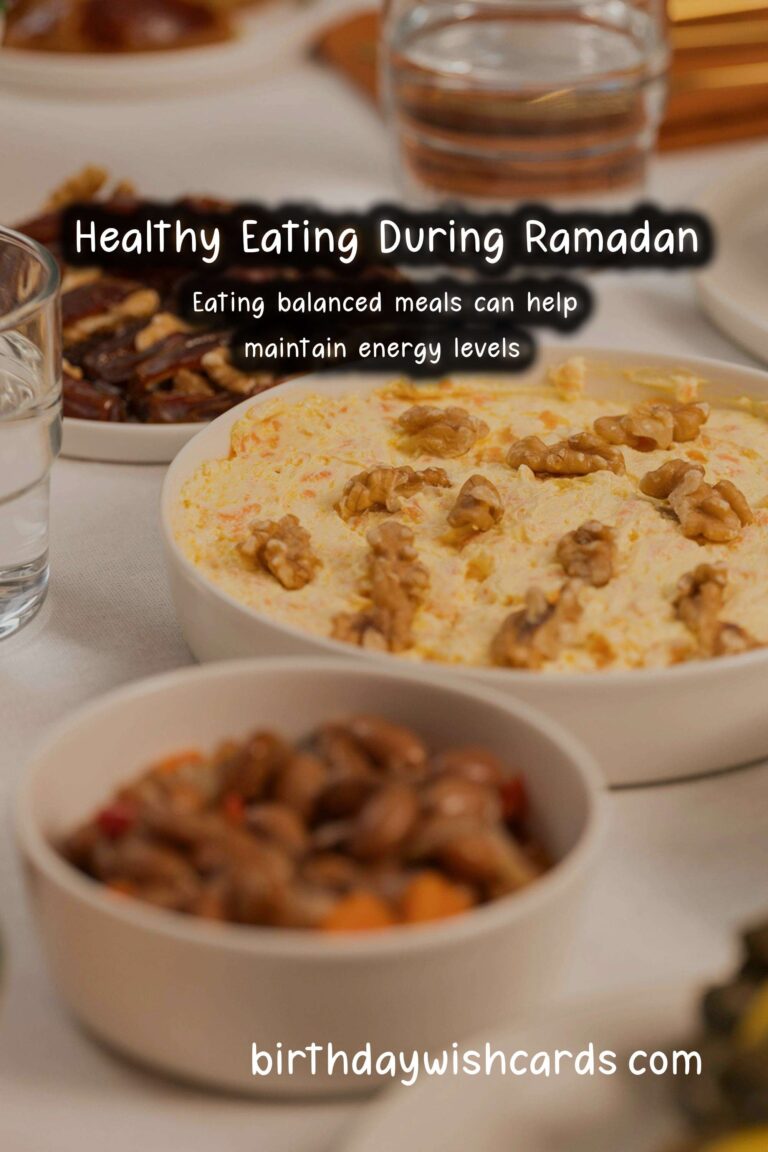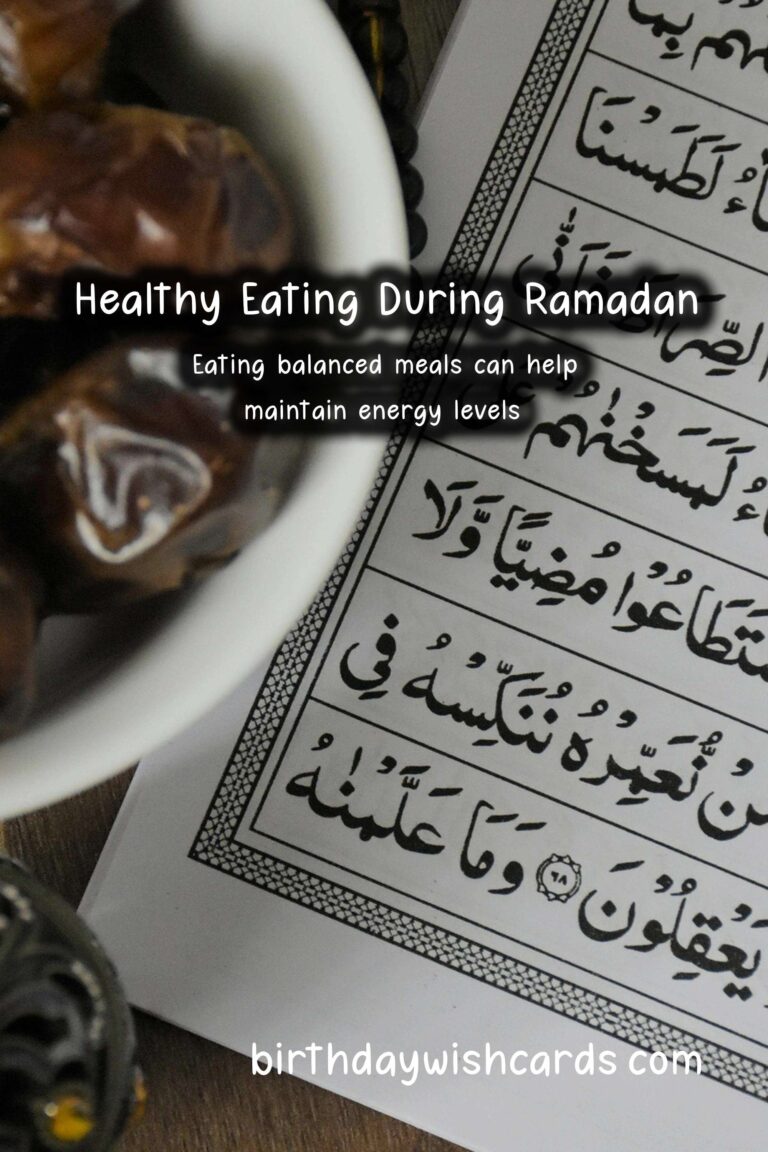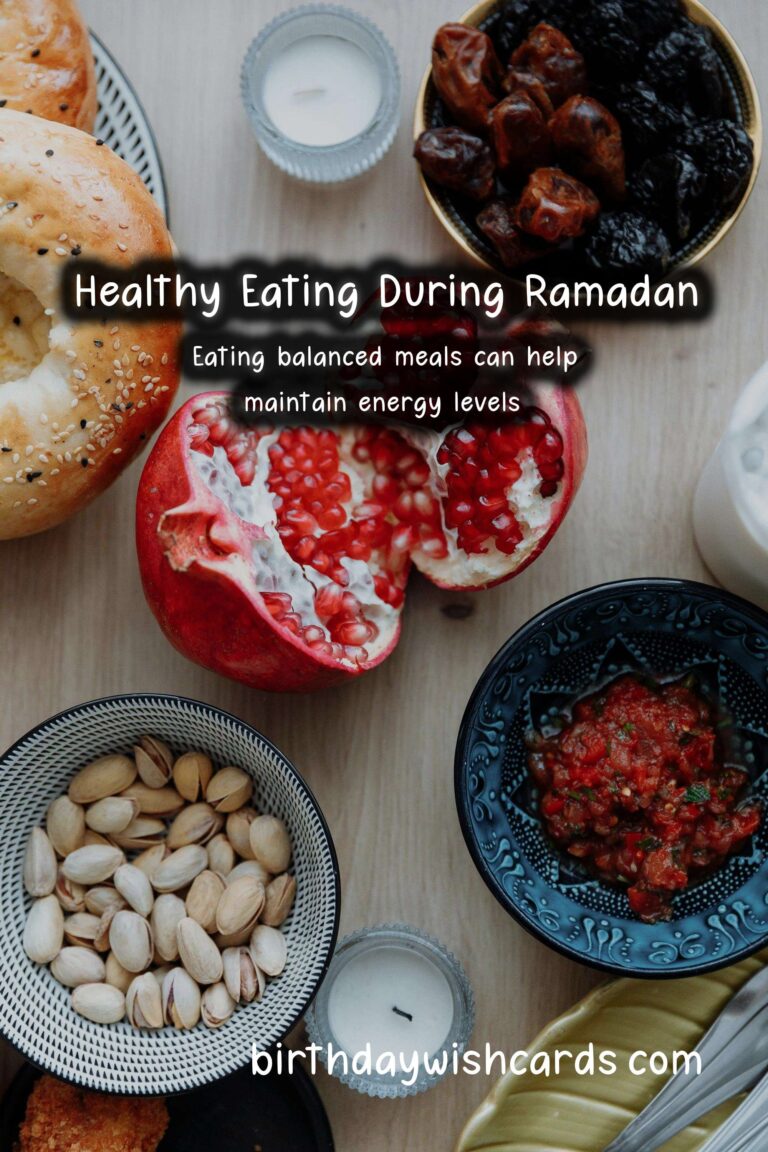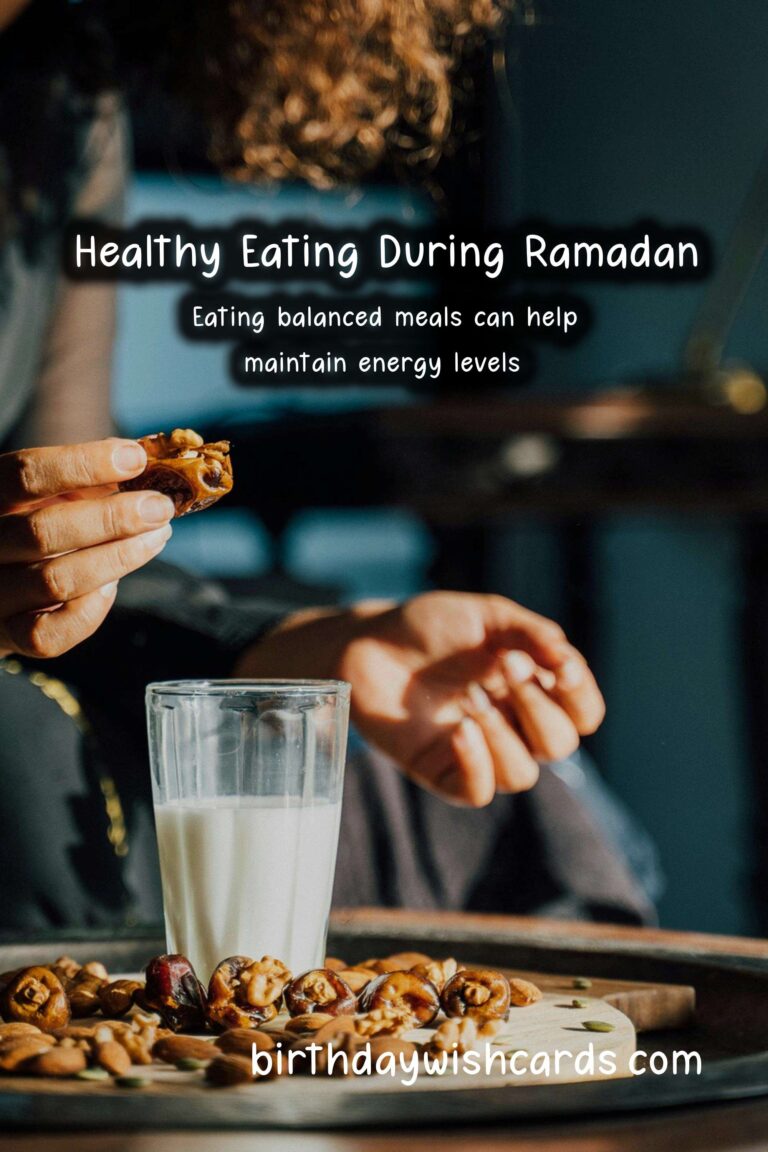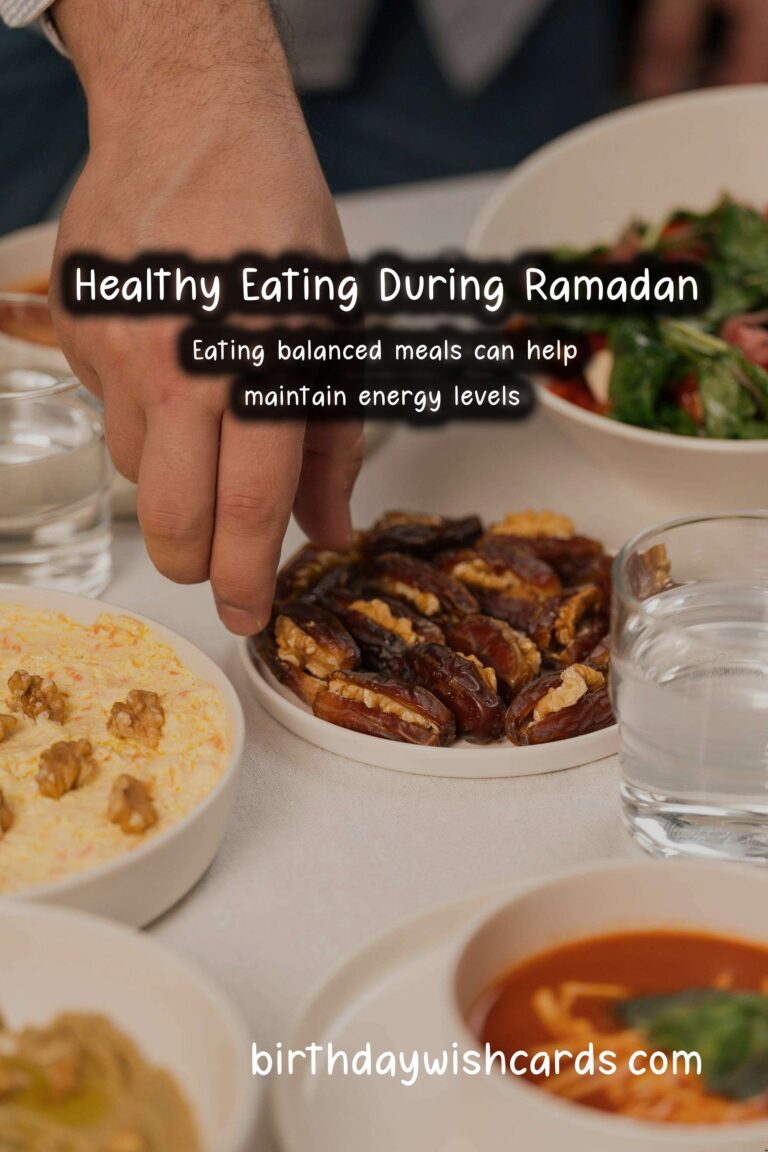
Ramadan is a month of fasting, reflection, and spiritual growth for millions of Muslims around the world. While it is a time for devotion and community, it is also crucial to focus on maintaining good health during this holy month. This article provides essential tips for staying healthy while observing the fast.
1. Stay Hydrated
One of the most important aspects of health during Ramadan is staying hydrated. Dehydration can lead to headaches, fatigue, and other health issues. To combat this:
-
Drink plenty of water during non-fasting hours, especially during Suhoor and Iftar.
-
Avoid caffeinated beverages as they can dehydrate the body.
-
Incorporate hydrating fruits and vegetables such as watermelon, cucumbers, and oranges into your meals.
2. Eat Balanced Meals
While it can be tempting to indulge in fried or sweet foods during Ramadan, focusing on balanced meals is essential for maintaining energy levels and overall health. Consider the following:
-
Ensure your Suhoor includes complex carbohydrates, healthy fats, and protein to sustain you throughout the day.
-
At Iftar, break your fast with dates and water, followed by a balanced meal that includes vegetables, lean protein, and whole grains.
3. Manage Portion Sizes
Overeating during Iftar can lead to discomfort and digestive issues. To prevent this:
-
Start with smaller portions and wait for 20 minutes before serving yourself more.
-
Listen to your body’s hunger cues to avoid eating out of habit rather than necessity.
4. Incorporate Physical Activity
Staying active during Ramadan can help maintain your energy levels and overall fitness. However, timing and intensity are crucial:
-
Opt for light exercises such as walking or stretching, especially after Iftar.
-
Avoid heavy workouts during fasting hours to prevent fatigue and dehydration.
5. Focus on Sleep Quality
Fasting can disrupt your sleep cycle, so it’s important to prioritize rest:
-
Try to take short naps during the day if possible.
-
Create a relaxing evening routine to help signal to your body that it’s time to wind down.
6. Monitor Your Health
It’s essential to be aware of how your body is responding during Ramadan. Keep an eye on:
-
Your energy levels and adjust your meal and hydration intake accordingly.
-
Any symptoms of fatigue, dizziness, or dehydration, and consult a healthcare provider if they persist.
7. Meal Prep Ahead of Time
Preparing meals in advance can help ensure you have healthy options available during Ramadan:
-
Plan your meals for the week to include a variety of nutrients.
-
Batch-cook meals that can be easily reheated for Iftar or Suhoor.
8. Embrace Whole Foods
Focusing on whole, unprocessed foods can significantly improve your energy levels and overall health this Ramadan:
-
Incorporate whole grains, lean proteins, healthy fats, and a variety of fruits and vegetables into your diet.
-
Avoid sugary snacks and processed foods that can lead to energy crashes.
Conclusion
Maintaining health during Ramadan is essential for a fulfilling spiritual experience. By staying hydrated, eating balanced meals, managing portion sizes, incorporating physical activity, and prioritizing rest, one can navigate the challenges of fasting while promoting overall well-being.
Staying hydrated is crucial during Ramadan. Eating balanced meals can help maintain energy levels. 
